what emotion have you yet to truly express, and what new world would it reveal to you?
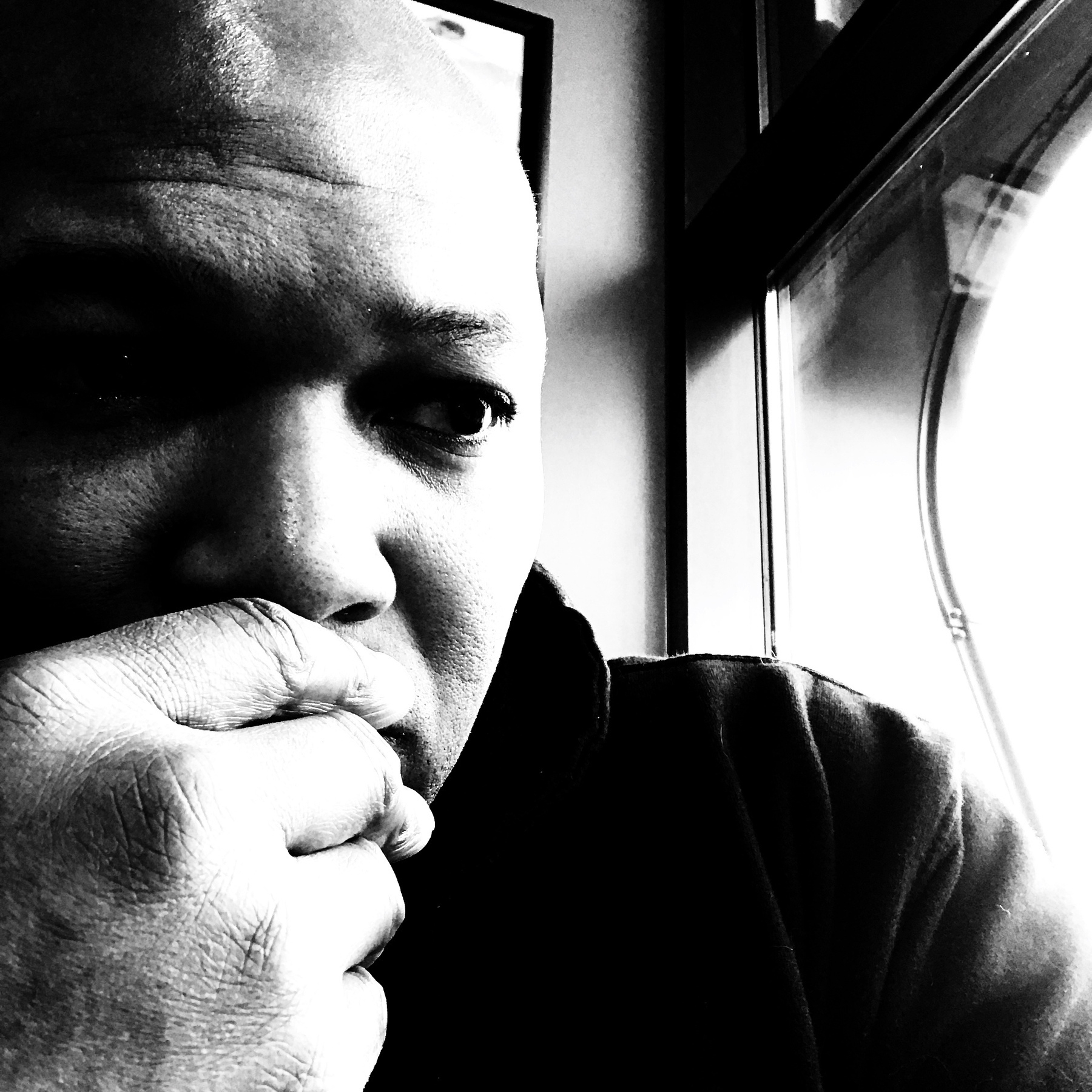
what emotion have you yet to truly express, and what new world would it reveal to you?

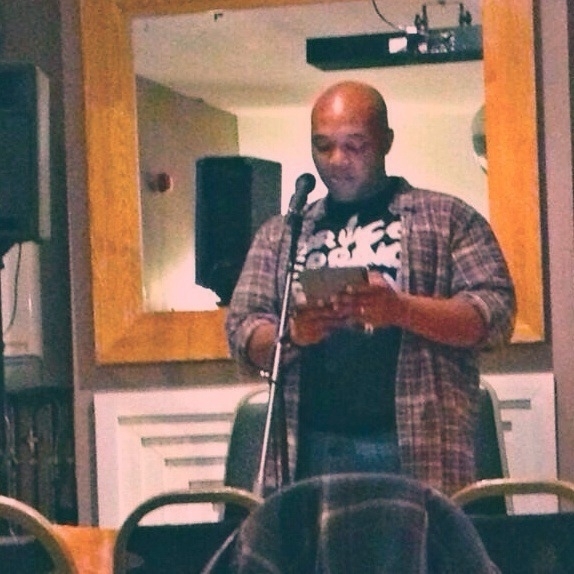
we are with the poet,
seeing, hearing, and feeling
the same things at the same time,
a shared but fleeting residence in the house of sensation and image.
It’s as if we’ve stumbled upon a hidden chamber in a well-known building, entering a room where the atmosphere is thick with the texture of memory, the aroma of distant lands, and the murmur of bygone conversations.
A river flows past us, and we see it not just as a body of water, but as a time-traveling storyteller. Each ripple a story, each wave a generation, each stone a historical marker polished by the relentless touch of the present brushing up against the past.
Isn’t that how the great poets, like Rumi or Emily Dickinson, infuse the natural world with layers of meaning?
A bird is never just a bird; it’s an emblem of freedom, a song of solitude, a messenger between realms. A tree isn’t merely a fixture of the landscape but a sage that has observed the secrets of earth and sky, holding in its rings a coded autobiography of nature’s whims and the world’s heavy sighs.
And it’s not just sight;
it’s a symphony of the senses.
The jarring collision of clattering pots in a busy kitchen is reimagined as a percussion section in the soundtrack of domesticity. The aroma of freshly ground coffee enveloping the early morning not only wakes you up but calls forth other awakenings—of dreams, of ambitions, of unspoken love perhaps. What you hear is more than just sound waves; it’s the harmony—or dissonance—of life’s myriad complexities.
These poets allow us
to hear the hidden chorus
in a lover’s whisper or
the secret plea in a baby’s cry.
But, oh, to feel.
That’s where the real magic lies, isn’t it?
When reading Pablo Neruda or Sylvia Plath, one doesn’t just skim the words; one touches the very fabric of their emotions. It’s an empathy, immediate and raw, as if their verses were inked not in pigment but in the very plasma of the human experience.
Neruda’s odes are so filled with texture, you might feel the rough skin of an artichoke or the silkiness of wine as it slips through the goblet of your mind. Plath’s confessions don’t merely expose her feelings; they lay bare your own, unveiling the shadowy realms you dare not visit.
The poet’s canvas is expansive, stretching across geographies of the heart and topographies of the mind. They are both mapmaker and tour guide, drafting coordinates that may begin in the flesh but resonate in the spirit. Standing beside them, we are more than passive observers; we are fellow wanderers, seekers on a common but infinitely varied quest for truth and beauty.
And as we pause, catching our breath in a momentary stillness, we confront an unsettling revelation. Are we, through this act of reading, merely catching a reflected glimpse of the poet’s world—or are we, perhaps unknowingly, also the poets of our own lives, continuously writing, erasing, and rewriting the manuscript of our existence?
If your life were a poem,
what would be its central metaphor?
if your life was a poem, what would be it’s central metaphor?

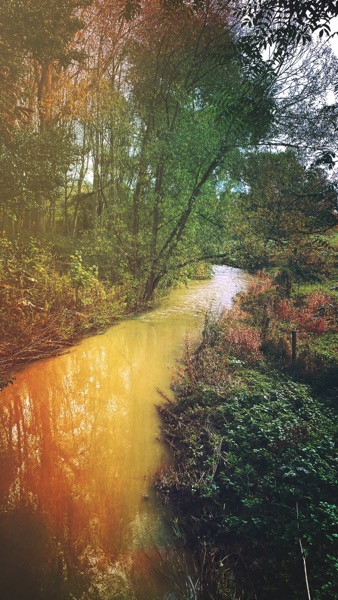
We are natural beings, always in the process of becoming.
Trees push their roots into rocky crevices, and rivers carve new paths through resistant terrain. Nature, in its wisdom, seeks discomfort as a prerequisite for growth.
The moulting snake, the blossoming flower, and the leaves falling from the trees in the autumn—all harbingers of change, all uncomfortable yet essential processes for renewal.
We walk through this world, each step a brushstroke—colors blending, edges blurring. Some say art is a mirror held up to nature, others contend it’s a window into the soul. But what happens when the art becomes the map for the very life you live?
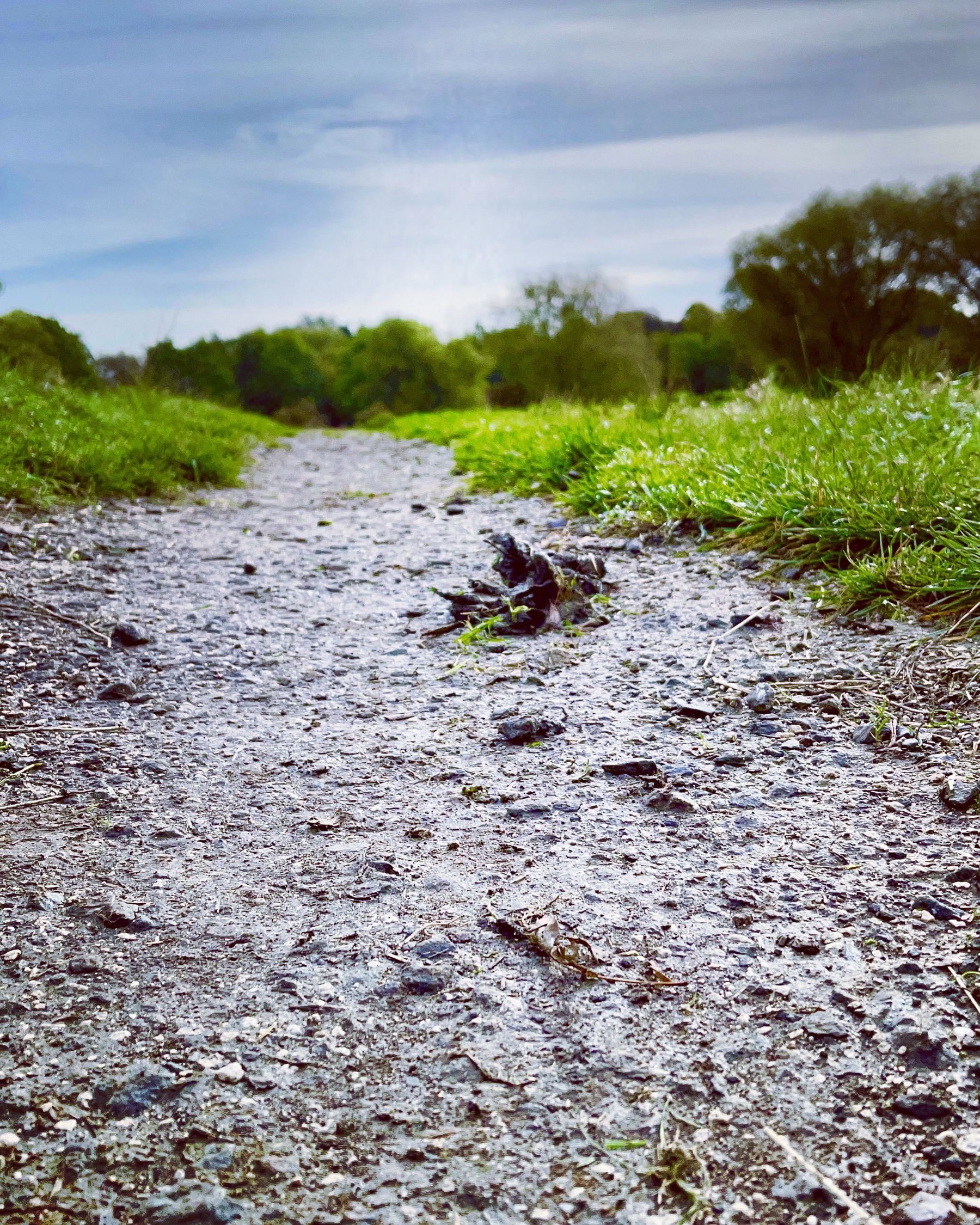
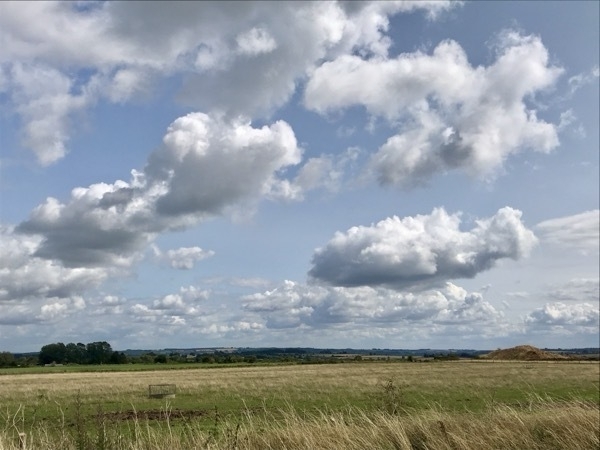
In the present moment, the clock’s hands stand still. It’s as though time has taken off its coat, rolled up its sleeves, and paused to breathe. And here you are, caught in the inhale and exhale of existence, a mere participant in the ceaseless, yet subtle, dance of the universe.
You might recall those rare nights when the stars seemed a bit closer, as if leaning down to whisper ancient secrets. Or those crisp autumn mornings where the dew on the grass mirrors the sparkle in your eyes—each droplet a world of its own, transient and fragile, yet part of an intricate, sprawling interconnected web. Emerson's "Nature" comes to mind. A harmonic union of the self and the universe, each leaf, each stone underfoot sings a silent hymn.
As you shift your awareness, even the mundane takes on an extraordinary hue. The coffee mug in your hand isn’t just a vessel for your morning ritual; it becomes a ceramic embrace, molded by invisible hands, kiln-kissed to contain your liquid ambition. The ambient hum of life—the background chatter, the clattering of a keyboard, the distant laughter—suddenly orchestrates into a cacophonous yet oddly harmonious symphony, conducted by an invisible maestro. It’s all connected, like the subterranean mycelium networks that link trees in unseen but deeply felt communities
Maybe you've experienced déjà vu or synchronicity—those fleeting moments that jolt you into wondering if there’s a hidden script, an unseen lattice that our experiences are strung upon. Carl Jung grappled with these as "acausal connecting principles," and while the psychologist’s terminology might be arcane, the sentiment is as commonplace as a dandelion poking through a crack in the sidewalk: the universe is stitched together by invisible threads.
Yet there's a paradox in this heightened awareness. You become sharply attuned to the transient nature of everything around you. The ache of impermanence filters through your senses. The clouds drifting across the sky, like thoughts across the mind, underscore the transience of the Now.
Moments are born, they flourish, and just as quickly, they are gone. A bittersweet symphony, a narrative penned in vanishing ink.
I can’t help but think of the Japanese concept of Mono no Aware, a sensitivity to the ephemeral beauty of the world, a gentle sadness at the passing of things. Your awareness makes you a witness to the universe's perpetual state of becoming. In this awareness, there is gratitude; in this moment, there is a fullness that defies the confines of language.
How do you dance with this paradox? A meditative state is not a solution, but an experience, a way to befriend the impermanence that is woven into the fabric of existence. It’s like holding a cup of water in your hands—grip too tightly, and it spills; too loosely, and it slips away. You learn the art of the soft grasp, where you hold just enough to experience, but not too much that you shatter the moment.
What if you embraced your role as both a spectator and an actor on this grand stage, with the awareness that every exit is also an entrance somewhere else? If you could have a conversation with this moment, what would you say?
Finished reading Making The Tongue Dry by Jen Soriano. This is a captivating blend of nonfiction, poetry, and speculative fiction. Soriano tackles issues of chronic pain, climate change, toxic masculinity, and the atomic bomb, she pushes the boundaries of creative nonfiction for sure.
if it weren’t for your hips
the music would never
guide our love to soul
if it weren’t for your whispers
the secrets would never
fire up our passion at night
if it weren’t for your tongue
the nectar would never
squeeze between our lips
this poem was inspired vasko popa
my day so far is an orange cut in two.
Nothing lasts forever—our joys, our sorrows, even ourselves are impermanent. We love deeply, laugh loudly, and yet there is always a tinge of sadness in the knowledge that these emotions won't last forever. This is Mono no Aware.
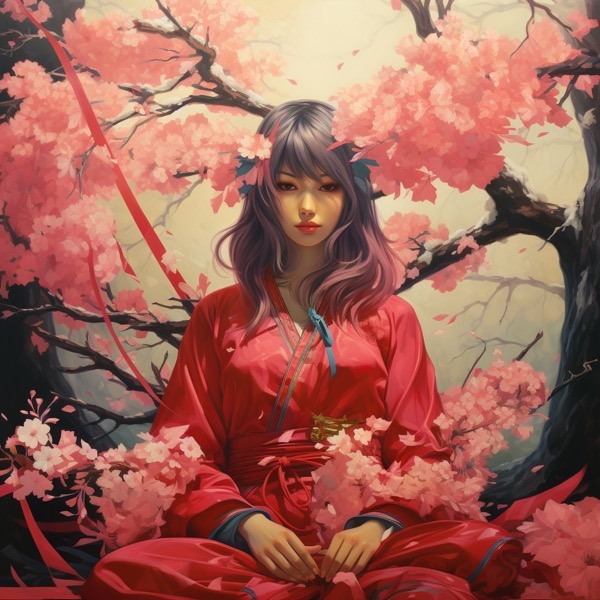
a few weeks old.
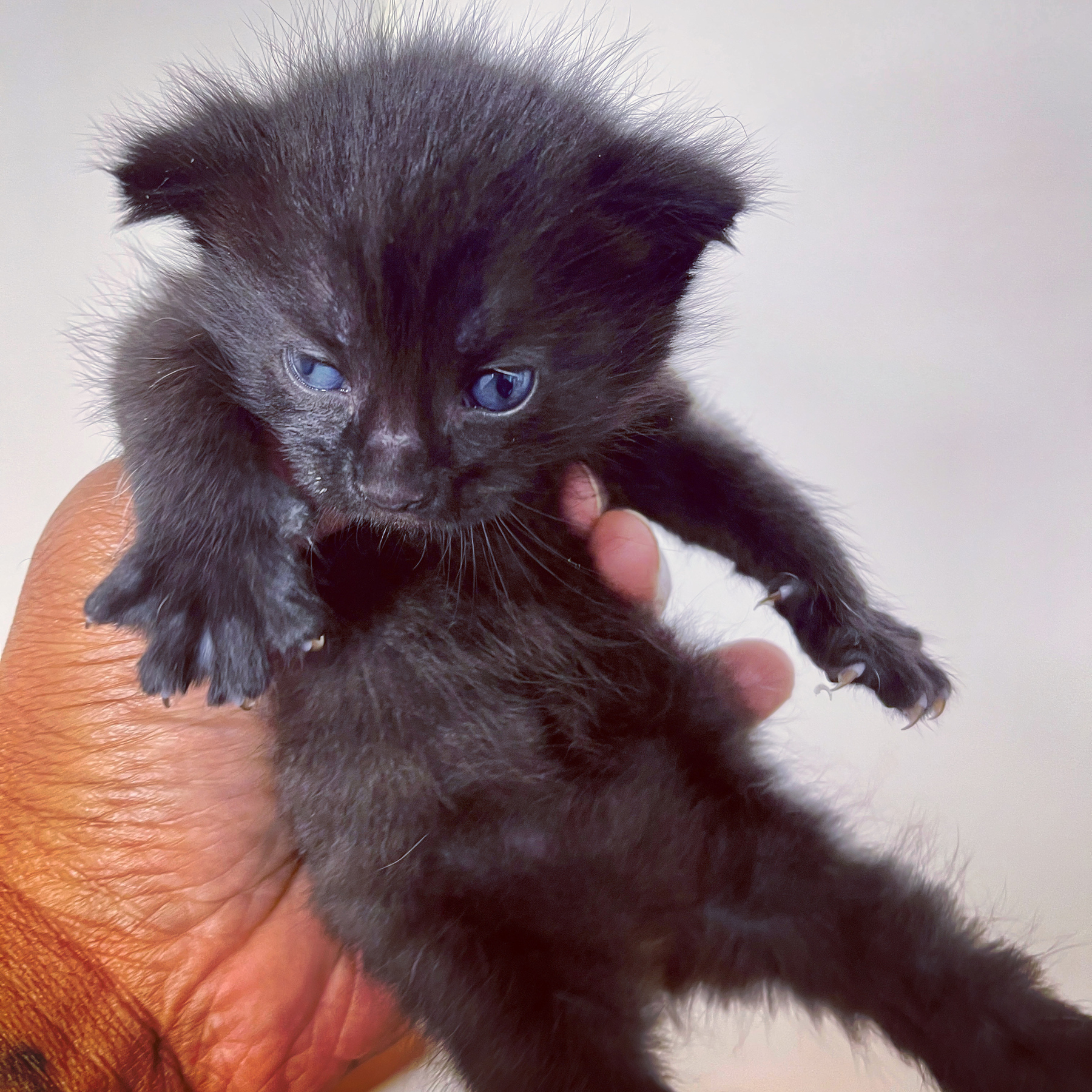
simple and sinister are my buzzwords for today. stolen from Pavel Tsatsouline.
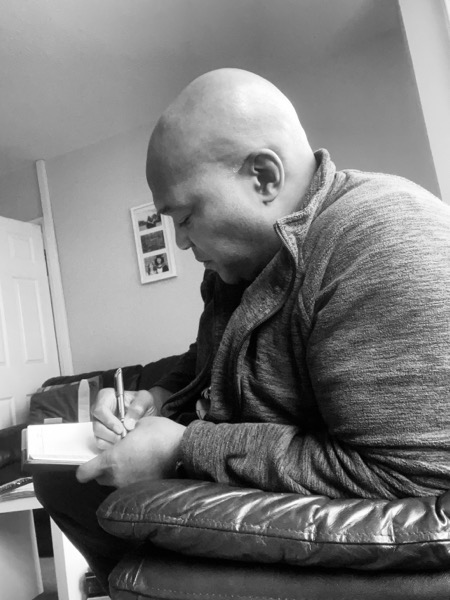
Issue #125 of The Barefoot Philosopher’s Notes is out.
Here’s a teaser:
You walk down the corridors of life, each twist and turn etching deeper contours in your consciousness. Have you ever paused to think about how many footprints overlap with yours?
How many souls are invisibly stitched to your existence?
As the walls close in, the scenery may change, but the emotional geography remains steadfast and unmoving. We think we're isolated islands, drifting in a sea of anonymity, yet little do we recognise that underneath the surface, we're part of an intricate web of interconnected roots.
You can read the rest of that story and more here: follow the link.
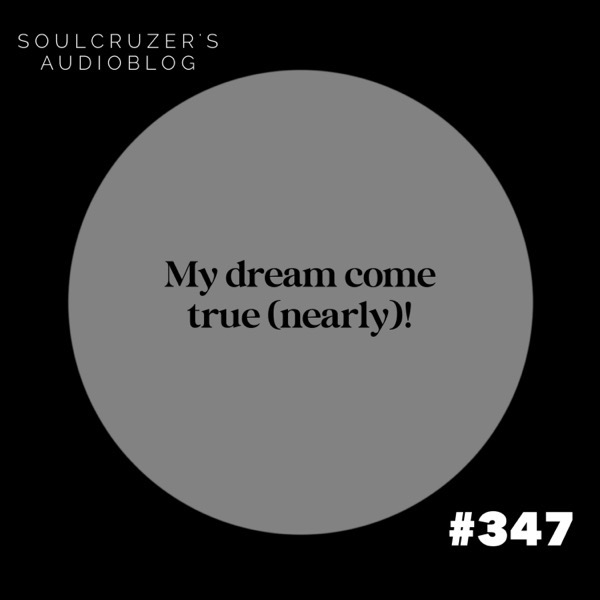
For years I've dreamed of having natural conversations with artificial intelligence like Tony Stark does with J.A.R.V.I.S. in Iron Man. And now, thanks to advances by companies like OpenAI, we're closer than ever to that sci-fi future. I'm blown away by how ChatGPT can understand context, remember facts, and have reasoned dialogue. The only limitation now is a slight lag between messages. But overall, chatting with ChatGPT feels amazingly human and is a huge leap forward for AI. I can't wait to see where this technology goes in the next few years!
here’s a memo I wrote on revolutionising your organisations approach to teamwork based on the book: Team Genius: The New Science of High-Performing Organizations.
curiosity isn’t just about the pursuit of knowledge; it’s an embrace of uncertainty, a willingness to question, to wonder.
I started re-reading Eric Hoffer’s on train journey down to London. It’s the journal he kept from 1958 - 1959.
What’s the one thing I ought to do? Hoffer says men feel lonely when they’re not doing the one thing they ought to do. It seems to me he is suggesting if we’re not serving our purpose and living to our full capacity or potential then we can’t feel vested in the world and therefore can’t have the feeling of being at peace with one’s self.
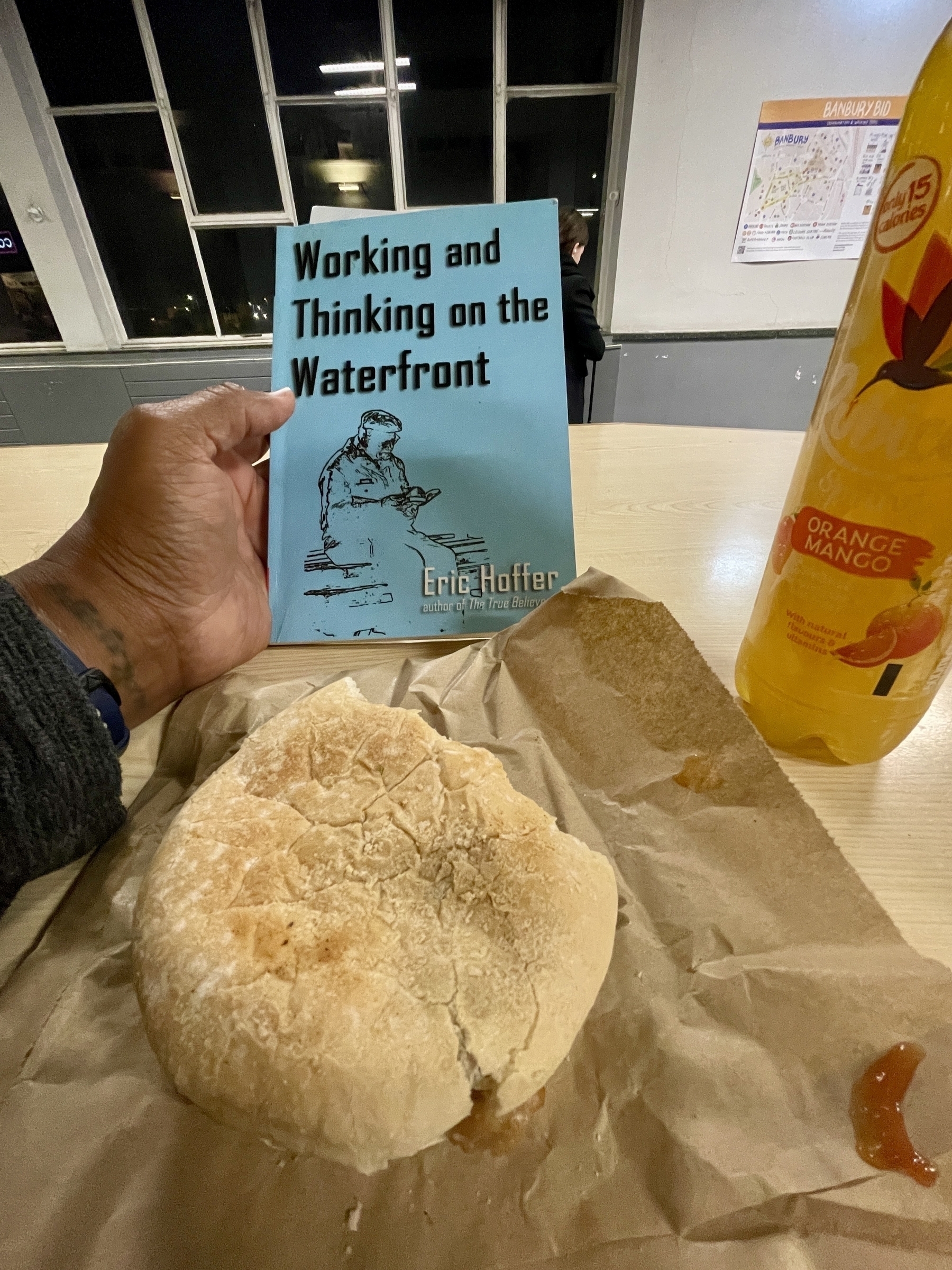
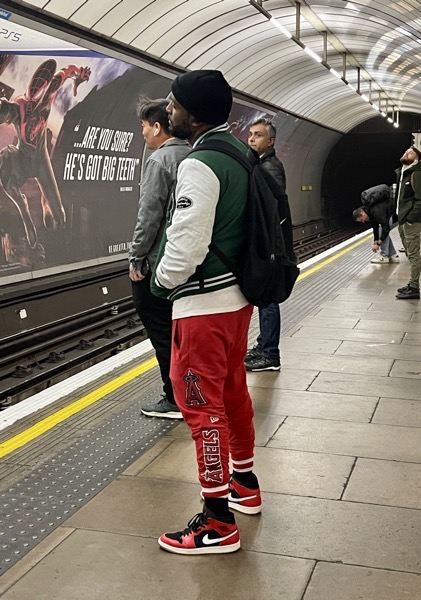
"Who has not, for the sake of his reputation, sacrificed himself?”
Something Nietzsche said.
This is a concept I've always rebelled against, especially when it’s dictated by societal expectations.
Pretence has never been my strong suit. Generally, what you see is what you get with me.
But, I would be deluding myself if I didn't admit to occasionally wearing a mask to meet the faces that I meet to play the roles I have to play.
We are often required to play many roles. I strive to embody each one authentically.
I’m about to ask my delegates this, so I’ll ask you as well, “How do you want to BE today?”

04:18 early start. headed down to London today.
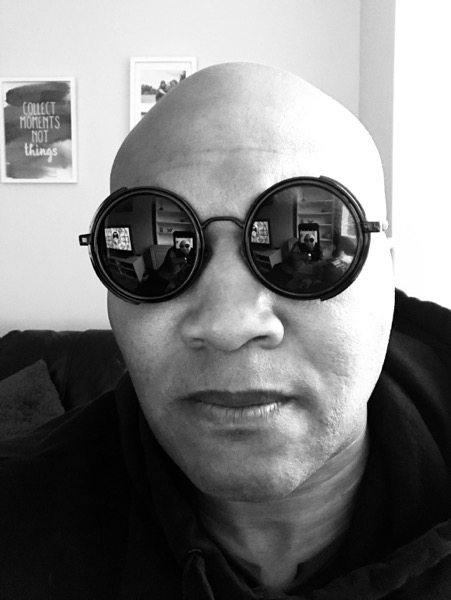
The social internet is dead. Get over it, says OM. I disagree. I believe that the social internet is not only still alive but also evolving and changing shape. It remains fundamentally vibrant and active. What we need, though, is a shift in mindset. We need to liberate our minds from the algorithm. Re-learn how to think for ourselves again. It’s time for us to wake up and realise we’ve been living in the matrix, but it’s not too late to unplug. We need to be socially conscious in order to be socially connected.
Rage Against The Machine said it best: 🎧 Wake Up
Wendy MacNaughton uses a technique called contour drawing to encourage people to see each other again. Her piece, The Importance of Looking at What (and Who) You Don’t See in the NYT opinion newsletter reminded me of Frederick Franck's book, The Zen of Seeing: Seeing/Drawing as Meditation.
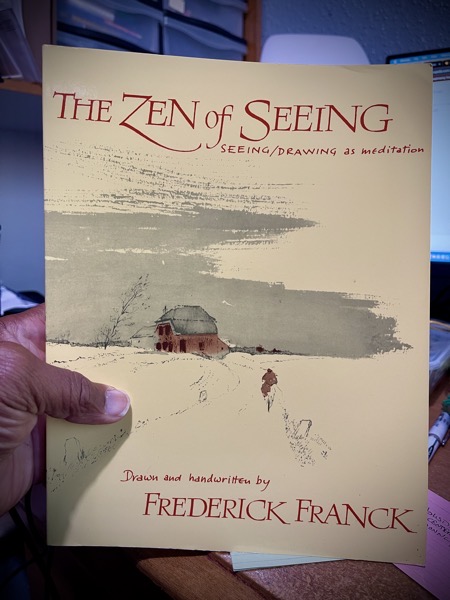
flipping through an old notebook
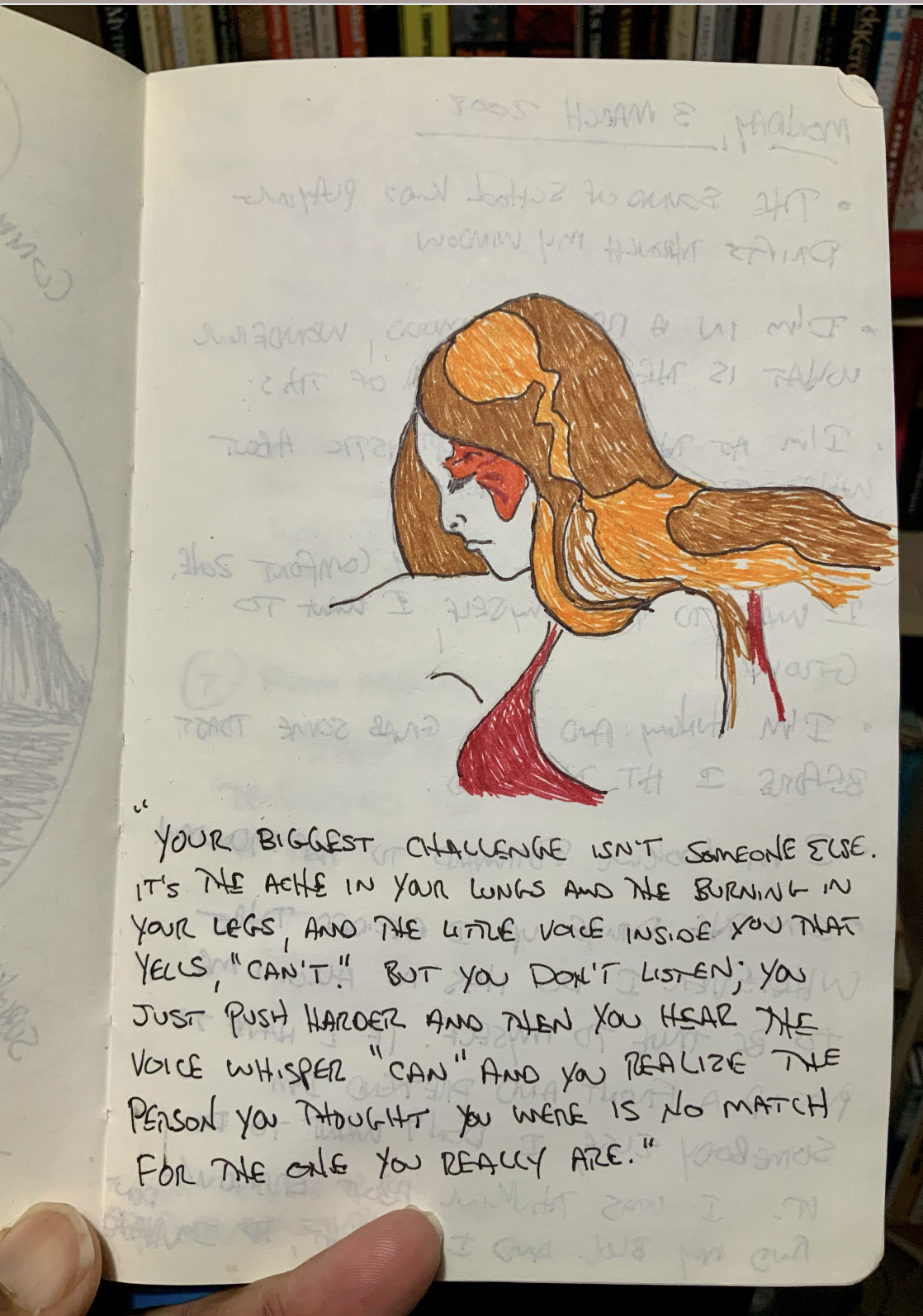
where time folds in upon itself, what might you find?
a. a mirrored reflection of the past and future
b. an endless loop of the present moment
c. the edge of a vast ocean, representing the collective human experience
d. a doorway to alternate dimensions